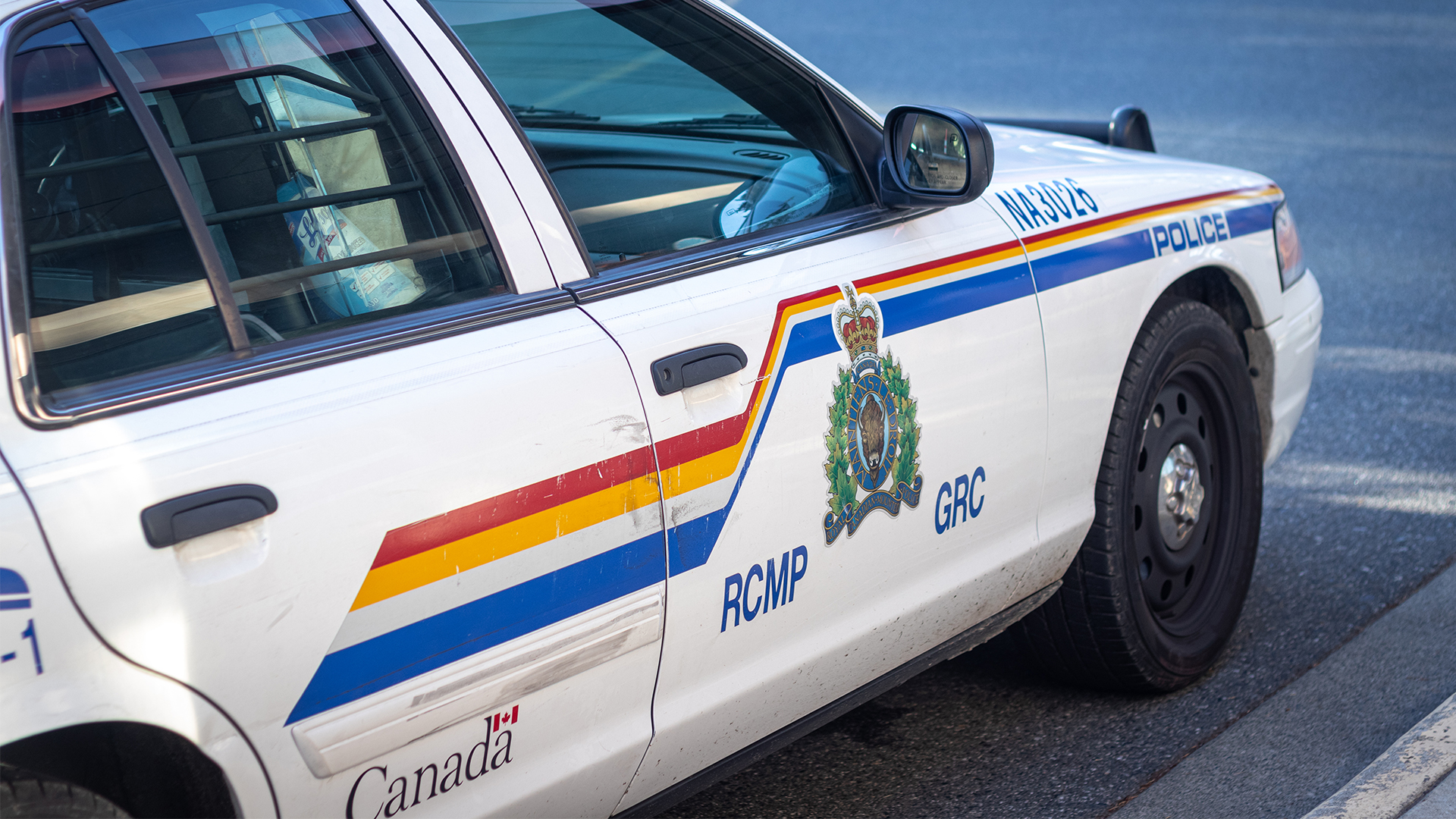
The RCMP is in the news again and, as usual, the news is not good. There are ongoing controversies over whether there was political interference or pressure placed on the force to release information about the type of gun used in the 2020 Nova Scotia massacre, as well as proposals for British Columbia and Alberta to create their own police services to replace the RCMP.
Regardless of how the Nova Scotia scandal plays out, it is additional evidence that the RCMP must be fundamentally changed. The interaction between the commissioner in Ottawa and the RCMP in Nova Scotia underlines some of the tensions of having a large bureaucracy run from Ottawa providing local policing. This is not news. In in 2007, the Brown task force, which included two former RCMP commissioners, expressed concern that there was too much central control over contract policing.
RCMP must acknowledge the force’s racist underpinnings
Report into RCMP’s treatment of grieving Indigenous family left out key systemic problems
The Mass Casualty Commission, which is investigating the N.S. mass shooting, deserves credit for unearthing these tensions despite late disclosure by the RCMP. Nevertheless, as I have argued elsewhere, the commission can still be criticized for not making the delivery and reform of contract policing a central part of its mandate.
The RCMP devotes the bulk of its personnel and budget to contract policing in eight provinces and three territories. In B.C. and Alberta, moving away from the RCMP could make policing more responsive to local communities. It could also allow new police services to work more efficiently with other provincial and local services with responsibilities for health, education, housing and social services.
Contract policing in the North
As I argue in my new book Canadian Policing: Why and How it Must Change, RCMP reform should start with the northern territories. The Yukon Police Council created in 2012 is a promising example of a territorial-wide police board that gives directions to the RCMP. It includes representatives of First Nations as well as the deputy minister of justice. If policing should be better-integrated into community safety and well-being, it could also include deputy ministers of health and other ministries to break down siloed approaches that are often both expensive and ineffective in addressing the social determinants of crime.
But where Yukon can inspire, the continued role of the RCMP in Nunavut should unnerve. The federal police service in that territory remains true to its roots as an instrument of colonialism, with almost no officers who are Inuit or able to speak Inuit languages. It has left a bloody trail of police-related deaths and injuries. As Kate Puddister and Danielle McNabb note, these incidents are often investigated by independent outside units.
Nunavut has relied on police services from Ottawa and elsewhere to investigate deaths and serious injuries caused by the RCMP. In 2021 it amended its RCMP contract act to provide for independent investigations that can appropriately be assisted by cultural advisors.
Improving police governance
Police governance should not rely on criminal prosecutions. Investigators and courts often find there is at least a reasonable doubt when police officers who are charged argue that they acted in self-defence. As well, as Puddister and McNabb suggest, the mandate of investigative units could be expanded beyond the question of criminal liability.
However, what is really required is effective democratic governance of the police. Only the responsible ministers and police boards can insist on necessary policy changes to lessen Canada’s much-higher rates of police-caused deaths, particularly compared to Australia or the United Kingdom, and to introduce policies that may be unpopular with the police rank-and-file and the unions that represent them. In the absence of strong and effective governance, the police are too often left to govern themselves.
Defining the legitimate but narrow core of police independence from government
The present controversy over whether the minister of public safety or the Prime Minister’s Office (PMO) interfered with the RCMP investigation in Nova Scotia underlines just how risky it is for overseeing ministers or boards to govern the police.
The minister may have had a valid need for information and could have legitimately asked the RCMP to justify the need for confidentiality. It should be remembered that the RCMP in Nova Scotia, which complained bitterly about perceived political interference, is not without its own faults. The service needs an active responsible minister prepared to transform the organization, but this will likely not occur if he or she must spend time responding to allegations of political interference.
The legitimate spheres of the police and the government should be spelled out in the RCMP Act, as Justice Ted Hughes recommended in his 2001 report, which found that the PMO interfered with the policing of the 1997 APEC demonstration at the University of British Columbia.
S.5(1) of the RCMP Act says the RCMP commissioner holds office “during pleasure” and that “under the direction of the Minister, has the control and management of the Force and all matters connected with the Force.” This archaic provision has been and continues to be a recipe for lack of clarity and controversy.
As both Hughes and Justice Sidney B. Linden in the 2007 Ipperwash report recommended, such vague provisions should be replaced by legislation that clearly sets the balance between the extremes of having a police state where the police govern themselves and are accountable to no elected officials, or having a police state where the government can interfere in specific police investigations and law enforcement decisions.
What kept RCMP from using emergency alert system in Nova Scotia?
Canada needs to get on with tackling racism in concrete ways
Following the 1999 Supreme Court of Canada case R. v. Campbell, the RCMP Act should clarify that the minister of public safety should not interfere with law enforcement decisions, but rather provide policy guidance to the RCMP. As the Ipperwash inquiry recommended, and as pending Ontario policing legislation demands, the government should govern the police through the responsible minister and through written directives that, whenever possible, should be made public.
Governance through public directives
The amendments to the RCMP Act suggested by justices Hughes and Linden recognize the ability of the overseeing minister to set policy, including the policies of how the police operate. The idea that the police have “operational independence” is too broad. The police should have independence to enforce the law to ensure that the government does not interfere with the rule of law.
Unfortunately, it is too often in the mutual interest of elected politicians and the police to allow the police to govern themselves. Today, a minister of public safety or police board that establishes a policy can easily be accused of political interference by both the political opposition and the police. The government must take responsibility for the policies it sets or refuses to set for the police.
A tentative reform agenda for the RCMP
From coast-to-coast-to coast, the RCMP needs to change fundamentally. As retired Supreme Court Justice Michel Bastarache concluded in examining sexual harassment in the RCMP, change will not come from within the police service. It needs strong political direction – which must be brought without risking claims of political interference based on broad and undemocratic assertions of complete police operational independence.
Here is my Top 10 list for an ambitious reform of the RCMP:
- Instead of hiving off emergency preparedness in the public safety ministry, separate the RCMP. Appoint a minister with a mandate for fundamental change to the RCMP.
- Define legitimate police independence in the RCMP Act and provide for written and public ministerial directives.
- Provide provinces and communities with legitimate exit options from RCMP contract policing. The federal government should not simply pocket the 30 per cent or 10 per cent federal subsidy of contract policing when a town, First Nation, province or territory phases out RCMP contract policing.
- Encourage the RCMP to continue to provide specialized services such as forensics and emergency response, even when jurisdictions exit from contract policing.
- Transition the RCMP’s management advisory board into a transparent and representative national police board. It should hold public meetings and provide public advice to the minister.
- Provide for the maximum possible local and provincial direction of RCMP contract policing. This would include encouraging and codifying innovations such as the Yukon Police Council.
- Make reform of the RCMP federal policing mandate a priority. Such reform should respond to legitimate concerns about how the RCMP is discharging its important mandates regarding national security, organized crime and money laundering.
- Ensure that the Civilian Review and Complaints Commission has greater community representation, can investigate complaints against the RCMP and conducts systemic reviews. This commission should not, as proposed in Bill C-20, also be given responsibilities for the Canadian Border Services Agency.
- Close the RCMP’s Depot Division in Regina, the boot camp where all Mounties are trained, and create a Canadian College of Policing with centres throughout Canada linked with post-secondary institutions. It should offer both general, continuing and specialized training. The RCMP should reject the idea that Mounties are fungible.
- Create more Indigenous police services, both outside and inside the RCMP, to counteract the organization’s pattern of both over-policing and under-protecting Indigenous people.









